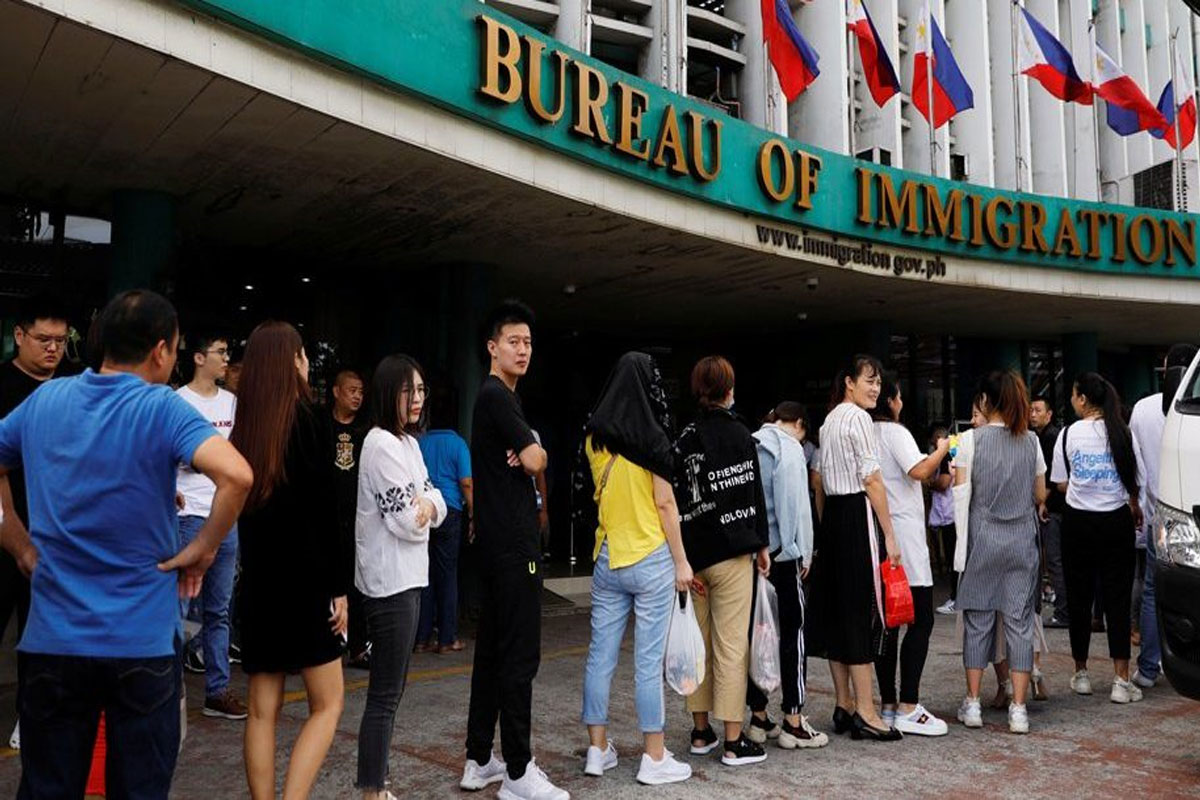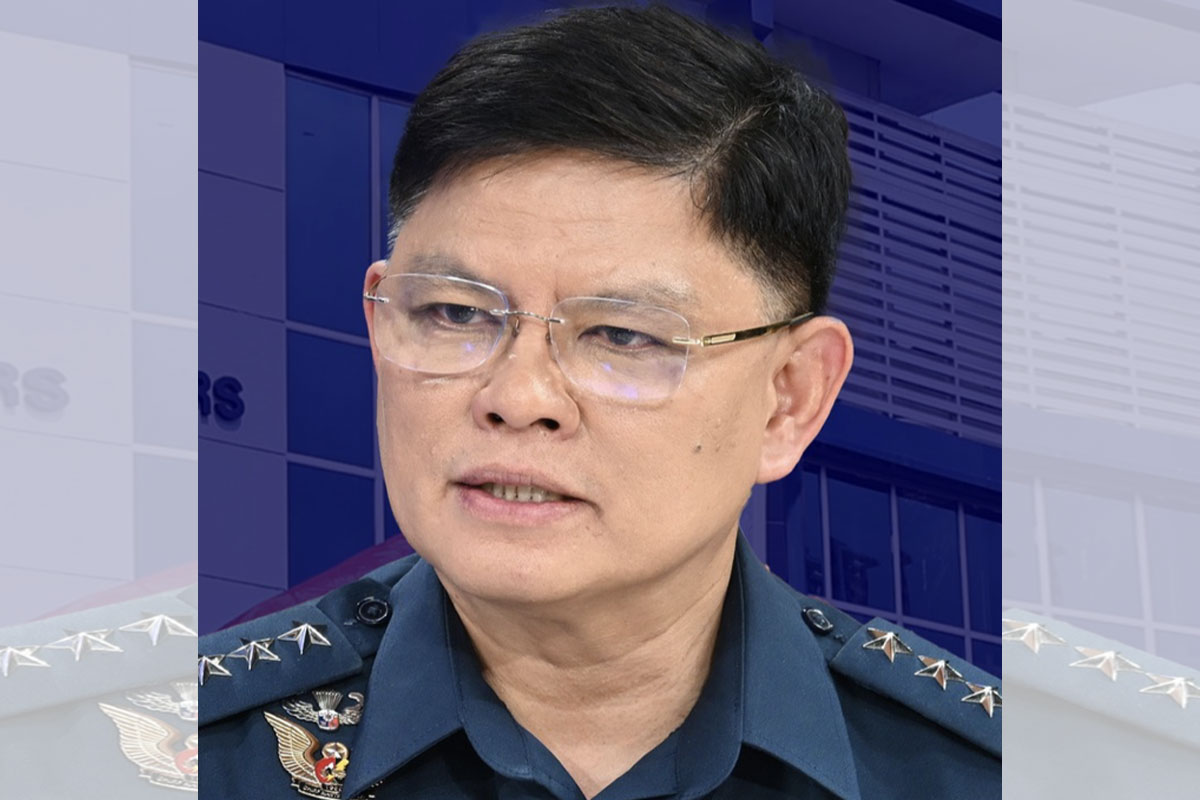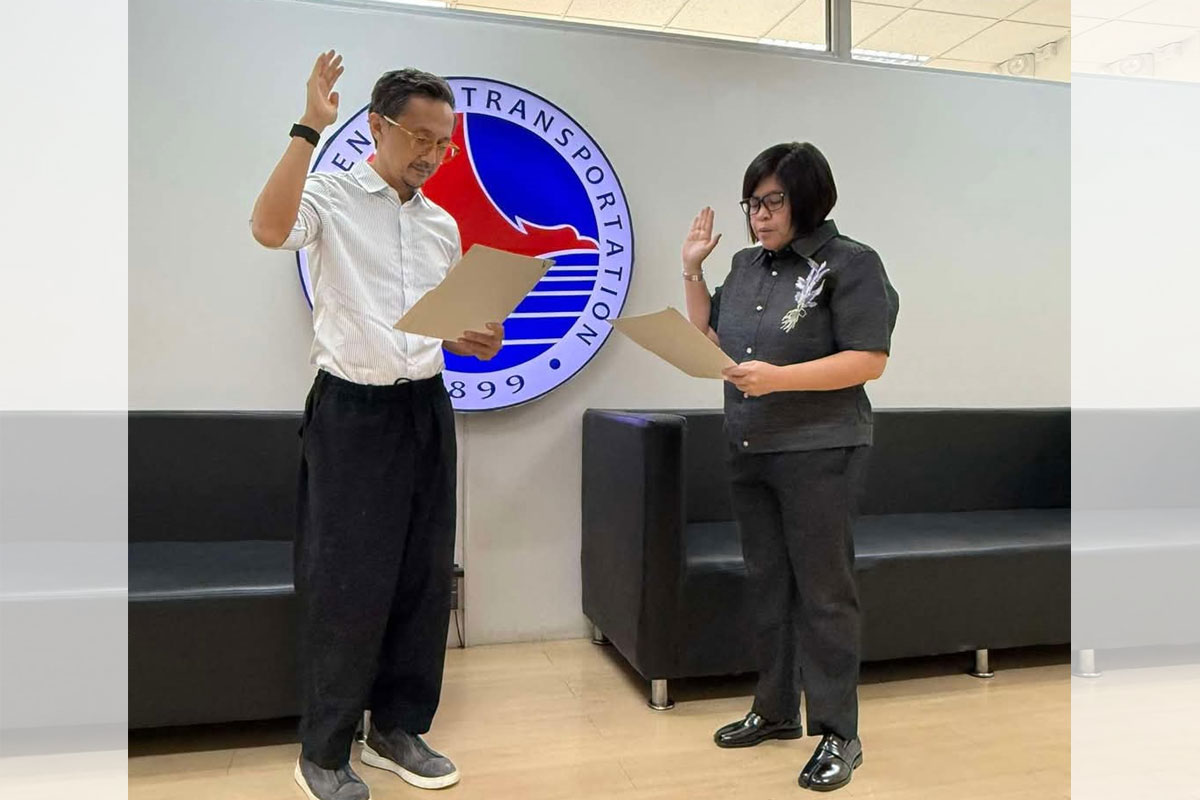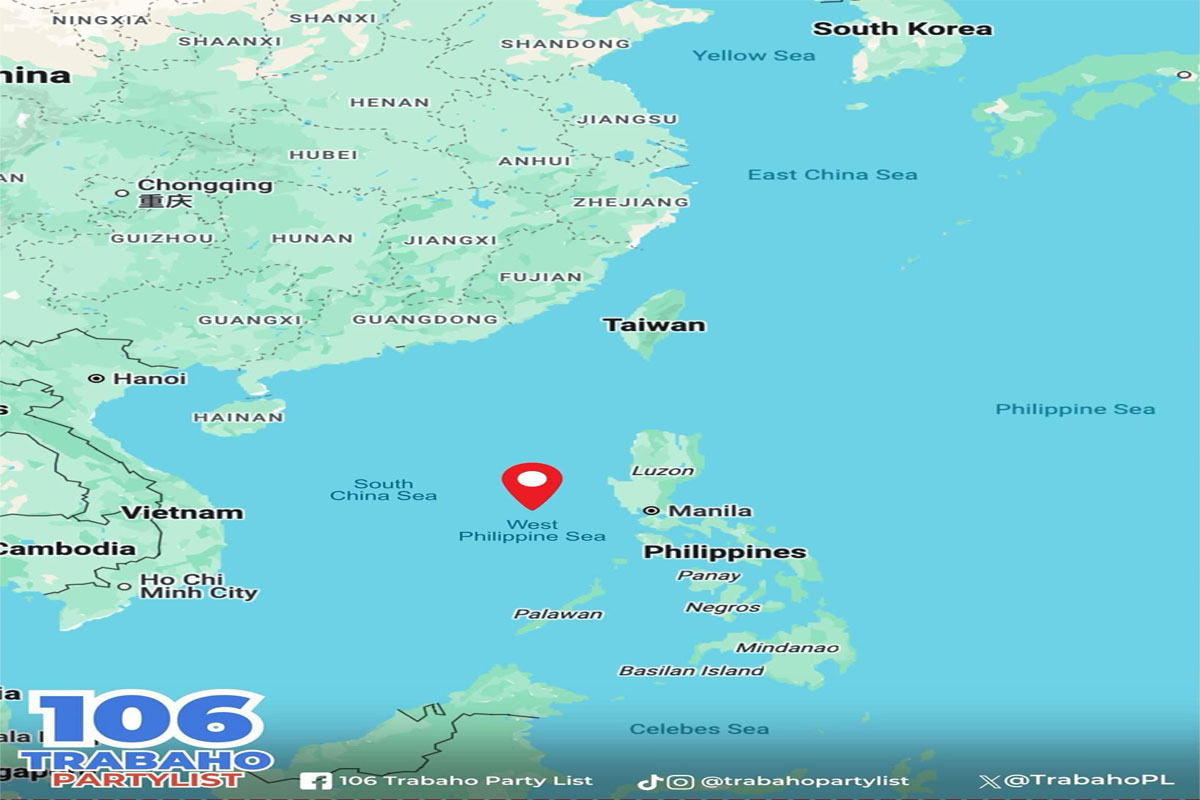
FAKE CHINOYS
NUMEROUS Chinese Mainlanders who can’t speak English and Filipino are now carrying Philippine passports they are believed to have acquired by paying rogue government employees assigned in different clearance and registration offices in the country, the Journal Group learned yesterday.
The discovery of this anomaly comes in the wake of a widely-read post of former Department of Interior and Local Government Secretary Rafael S. Alunan III regarding the alleged presence of ‘Chinese sleeper cells’ in the country.
Speaking on condition of anonymity, some ranking security officials said they are investigating hundreds, if not thousands of citizens of Mainland China who have been issued government clearances and other permits which allow them to have a Philippine passport.
“We have checked the clearances issued and found out that they are all included in the official online records of concerned government agencies. They are not fake documents,” said one of the officials involved in an ongoing government investigation into the anomaly.
Apart from the Philippine passport, many of the Chinese nationals being probed have been issued Driver’s License, Tax Identification Number, License to Own and Possess Firearm, National Bureau of Investigation and Police Clearances.
As a rule, only a Filipino citizen is eligible to acquire a Philippine passport.
First-time passport applicants are required to present a copy of their PSA or Philippine Statistics Authority Birth Certificate, among other documents and identification cards. Married women who wish to use their married last name in their passports are also required to present a copy of their PSA marriage certificate.
However, the Journal Group sources said what they are investigating are pure Chinese nationals who have acquired Philippine passport and other government clearances illegally.
At present, Filipino citizenship may be acquired by any interested foreigner who has made significant contributions to the country’s cause and well-being thru a naturalization bill filed by any member of the House of Representatives or the Senate or thru a court decision.
Foreign nationals may also naturalize as Philippine citizens after meeting a minimum residence requirement which is usually 10 years, acquiring real estate, demonstrating proficiency in either English or Spanish as well as a Philippine language, and fulfilling a good character requirement and must have not been convicted of any crime during the 10-year period.
A Special Resident Retiree’s Visa or SRRV may also be given to a foreigner who is at least 35-years old if he wish to settle in the country. The SRRV granted by the Philippine Retirement Authority allows the beneficiary to reside indefinitely in the country with free entry and exit provided that it is renewed annually.
Officials who were interviewed by the Journal Group however expressed belief that the Chinese nationals in their radar did not acquire their Philippine passport through any of the naturalization methods mentioned above.
“We are inclined to believe that many of them are working in POGOs, or owning and operating big businesses in different parts of Metro Manila and the rest of the country. You can’t talk to them in English, Filipino or any other language but they carry Philippine passport,” said one security official.
Prior to that, former DILG chief Alunan in a Facebook post said that last October 16, NBI agents raided a house in Valle Verde 5 in Pasig City where six Chinese nationals and their two Filipino security personnel were detained.
“Taken from them were high-powered firearms and ammunition marked with “From People’s Republic of China”; as well as badges designating roles such as “blasting team,” “recon team,” “support team,” “assault team,” “machine gun team,” and “sniper team.” The discovery indicates China’s malevolent intentions by prepositioning clandestine forces for future action,” Sec. Alunan said in his Facebook post.
The NBI is yet to confirm nor deny Alunan’s statement. However, some Philippine National Police officials interviewed by the Journal Group said they have gotten wind of the Valle Verde raid although the NBI remained mum on it.
However, there were reports that recovered during the Valle Verde raid were an M-4 Carbine rifle, two semi-automatic pistols and dozens of assorted live ammunition. The arrested suspects are now facing criminal charges for violation of Republic Act 10591 or the Comprehensive Firearms and Ammunition Regulations Act of 2013.
Reacting to Alunan’s post, one official said he has been saying it from the very start.
“There are enablers in our midst. They are a-plenty and they could be wittingly or unwittingly promoting the interest of China in one way or another,” the official said in reaction to the Philippine passports and other genuine government papers issued to Chinese mainlanders.
Another police official said that the NBI raid is also an ‘eye-opener.’ “It’s high time for all of us Filipinos to unite, be patriotic and support our government in this fight,” he said.
PNP chief General Benjamin C. Acorda Jr. earlier assured the public that they are taking all necessary measures to protect the nation’s interests amid Alunan’s statement on alleged presence in the country of clandestine forces from China.
Gen. Acorda said their intelligence units are constantly communicating with their counterparts from the Armed Forces, the NBI, the National Intelligence Coordinating Agency and the like to ensure that the ‘national interest will be always protected.’
Alunan in his Facebook post said that ‘what it’s doing to us in the West Philippine Sea is directly related to its infiltration made easy by corrupt government officials, uniformed personnel and unpatriotic citizens.”
“Valle Verde 5 is a gated subdivision, like Green Meadows, Corinthian Gardens, Greenhills, Blue Ridge and White Plains near, or next door, to Camp Aguinaldo and Camp Crame. The question racing through my mind is: how many more communities are harboring sleeper cells within striking distance from our centers of gravity around the country?” he said.
“Our centers of gravity, for example, are Malacanang, the Senate, Congress and the Supreme Court; provincial capitols and city halls; headquarters of the Armed Forces, National Police, Coast Guard and EDCA camps around the country; strategic institutions like the Central Bank, business and financial centers; critical infrastructure such as energy and water supply networks, public transports and telecommunications. Included here are the embassies and consulates of allied countries; export processing zones, private industrial parks and malls,” he added.
“How wide and deep is our problem? What we can’t afford is to still have them in our midst when our worst national security nightmares come true,” the former DILG chief during the Fidel V. Ramos presidency said.





















